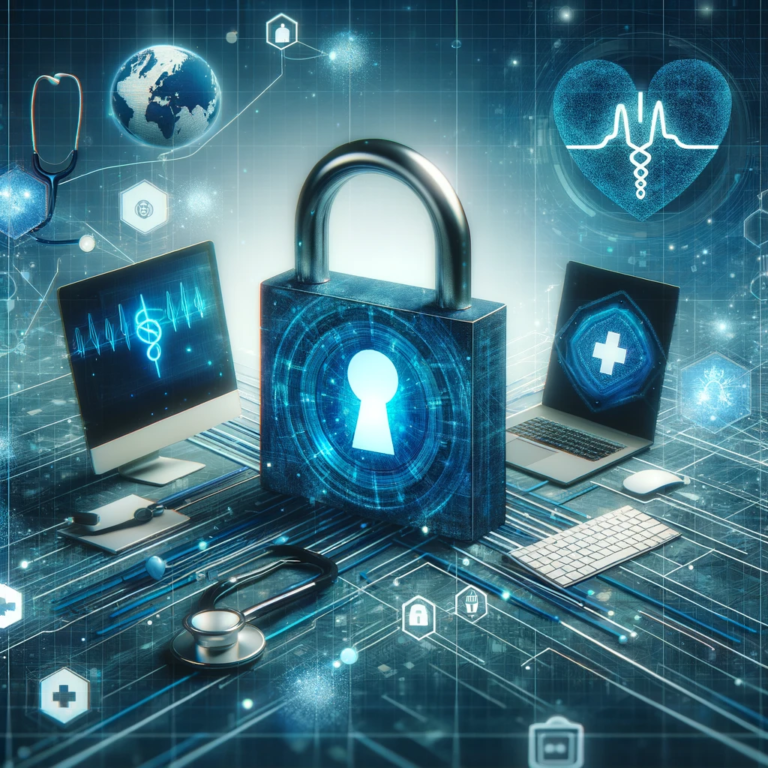In a striking demonstration of the growing threat of cybercrime within the healthcare industry, UnitedHealth has reportedly paid a $22 million ransom in cryptocurrency to the cybercriminal group behind the Change Healthcare cyberattack. This incident sheds light on several crucial aspects of cybersecurity, ransomware attacks, and their implications for Managed Service Providers (MSPs). Here are five key takeaways that MSPs should note:
1. The Prevalence of Ransomware in Healthcare
The attack on Change Healthcare, a subsidiary of UnitedHealth Group’s Optum division, underscores the vulnerability of healthcare institutions to ransomware threats. The healthcare industry’s reliance on digital systems for the management of patient data and healthcare services makes it a prime target for cybercriminals. MSPs must recognize the importance of implementing robust cybersecurity measures tailored to the unique needs of the healthcare sector.
2. The Cost of Cybersecurity Breaches
The $22 million ransom paid to the cybercriminal group known as Blackcat or AlphV highlights the significant financial costs associated with cybersecurity breaches. Beyond the ransom payment, companies must consider the potential costs of system downtime, data recovery, legal fees, and damage to reputation. MSPs should communicate the potential financial implications of cyber threats to their clients and emphasize the value of proactive security investments.
3. The Role of Cryptocurrency in Ransomware
The payment of the ransom in Bitcoin points to the preferred use of cryptocurrencies by cybercriminals due to their perceived anonymity and ease of cross-border transactions. MSPs need to understand the mechanisms of cryptocurrency transactions to better advise their clients on the risks of cyber extortion and the importance of secure financial operations.
4. Incident Response and Communication
UnitedHealth’s response to the ransomware attack, focusing on the investigation and restoration of operations, underlines the importance of having an effective incident response plan. Communication with stakeholders is crucial in the aftermath of a cyberattack. MSPs should guide their clients in developing comprehensive incident response strategies, including communication plans to address stakeholder concerns during a crisis.
5. The Importance of Collaboration and Sharing Threat Intelligence
The collaboration between security researchers, blockchain analysis companies, and law enforcement agencies played a critical role in verifying the ransom payment and understanding the attack’s dynamics. MSPs should advocate for and participate in industry-wide collaborations to share threat intelligence and best practices. This collective approach can enhance the overall cybersecurity posture of the healthcare sector and beyond.
The Change Healthcare cyberattack is a stark reminder of the sophisticated and evolving nature of cyber threats. MSPs play a critical role in helping healthcare organizations navigate these challenges, safeguarding their data and systems against cybercriminals. By understanding the key aspects of this incident, MSPs can better prepare and protect their clients in an increasingly digital and interconnected world.


